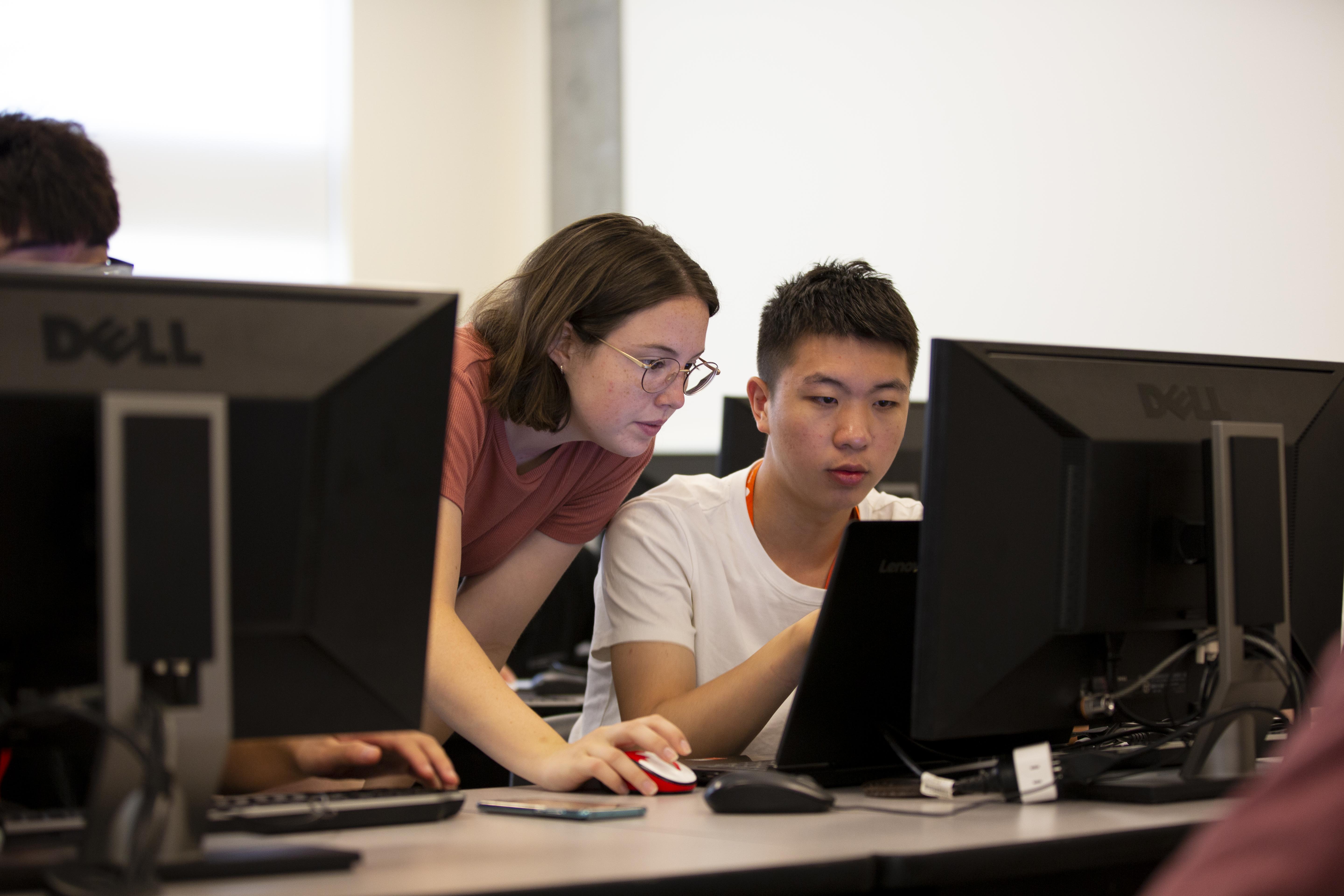The Summer Transition to Engineering Bridge Program is unavailable in Summer 2022. Please check back in Spring 2023 for updates.
Start building a strong foundation for your engineering degree by participating in the free, non-credit Summer Transition to Engineering Bridge Program starting July 19, 2021. Enroll in courses presented by School of Engineering faculty designed to prepare students for Term 1 and Term 2 of first year engineering at UBC Okanagan. The courses are provided in a flexible and modular online platform, and students can complete the course content at their own pace.
The courses will include introductory university math, engineering design and ethics, physics (statics and pre-electromagnetics), pre-chemistry, and coding with a focus on engineering applications. Instructors will include award-winning faculty who typically teach first-year courses.
The two additional short courses pre-electromagnetics and pre-chemistry will be offered during the winter break beginning December 27, 2021 to prepare students for Term 2 courses of first year engineering at UBC Okanagan.
The aim of the program is to provide refreshers and/or reinforce important engineering themes and concepts to enhance the experience of incoming first-year students.
The School of Engineering encourages students entering UBC in September to take these non-credit courses, but enrolment is optional.
Registration closes on the Friday prior to the start of each course.
2021 Course Schedule
Explore the important linkages between chemistry and engineering.
Presented by Sepideh Pakpour
Engineering requires applied science, and chemistry is the center of all science. The main aim of this course is to illustrate why engineers should learn chemistry and the fundamentals of chemistry and bonding.
Review of important mathematical concepts required for students to have success in APSC 178 Electricity, Magnetism, and Waves.
Presented by Loïc Markley
In three short modules, you will review vector fundamentals, 2D coordinate representations, 3D coordinate systems, vector representations of rotational quantities, and calculus fundamentals from the perspective of infinitesimals.
